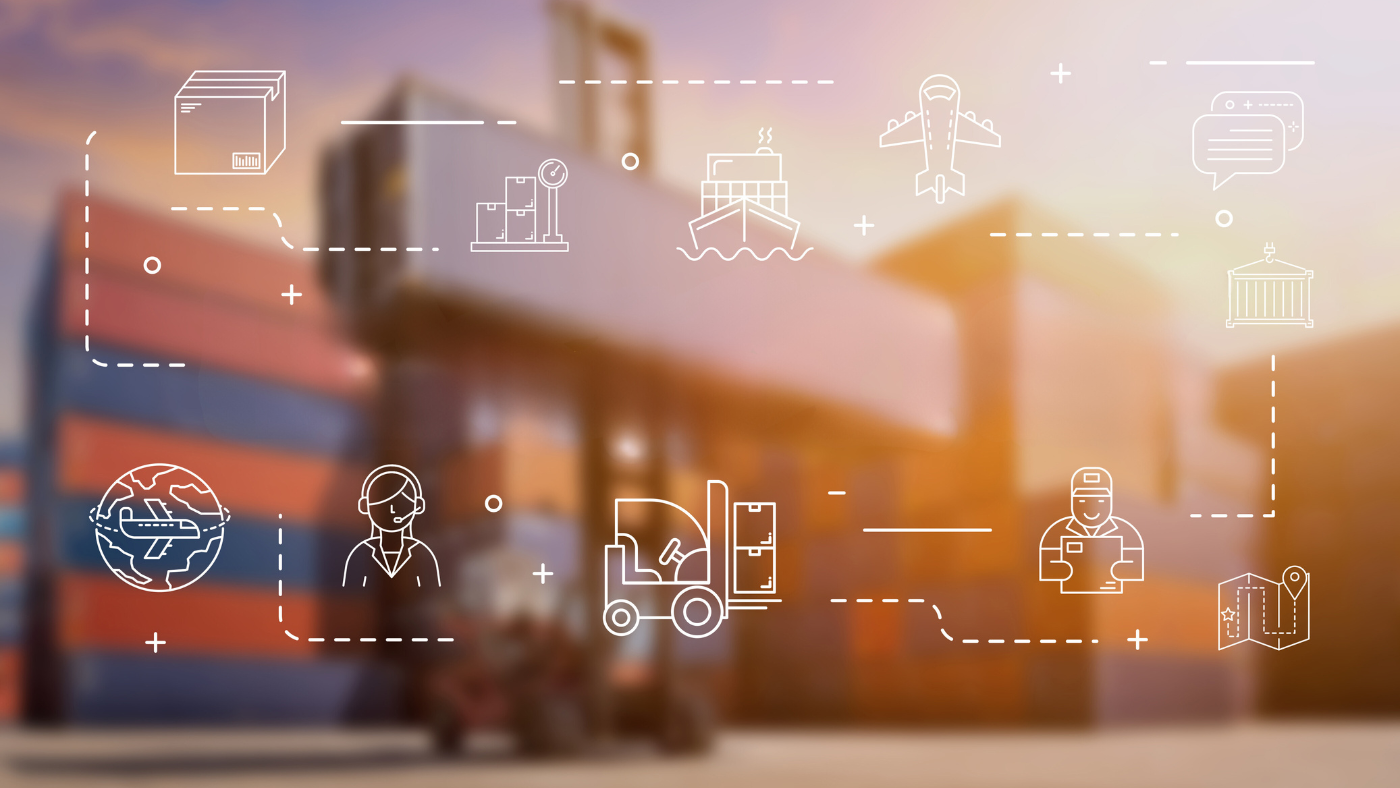Panama Canal Congestion May Impact Suez Canal, Affects LNG Shipments
The Panama Canal’s unprecedented congestion, attributed to decreased rainfall and a dried-up key lake, is causing global shipping disruptions. This situation could lead to increased pressure and potential delays at Egypt’s Suez Canal, impacting liquefied natural gas (LNG) shipments. Sveinung Støhle of Angelicoussis Group highlighted the potential need for the Suez Canal to accommodate more vessels, resulting in longer waiting times.


Reelables Introduces First 5G-Embedded Shipping Labels
Reelables, a UK-based company, announced the creation of a revolutionary shipping label with an integrated 5G tracking device. This innovation enables large-scale printing of tracking labels using standard thermal barcode printers. Designed initially for freight forwarders, Reelables has expanded its application to the parcel delivery sector. The technology offers precise, automated tracking of shipments, reducing human error and enhancing efficiency in the supply chain. These smart labels, which use thin-film wireless circuits and coated zinc batteries, are a significant advancement in supply chain visibility and item tracking.
Shanghai Container Freight Index Surges
On December 1st, the Shanghai Export Container Freight Index climbed to 1010.81 points, marking a 1.8% increase. Freight rates to North America and Europe witnessed a rebound, with charges to European and Mediterranean ports rising to $851/TEU and $1260/TEU, showing increases of 9.2% and 6.6% respectively. Rates to the U.S. West and East Coasts also grew modestly. Amid these rises, shipping companies are focusing on General Rate Increases to enhance Freight All Kinds (FAK) rates.
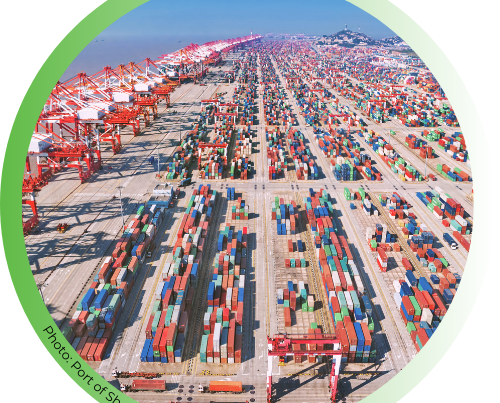
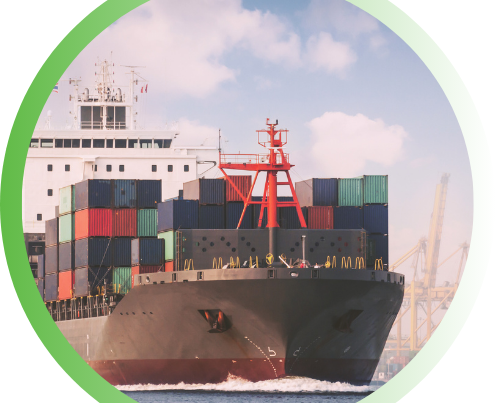
US Diesel Shipper Opts for Longer Route Amid Panama Canal Crisis
Due to severe congestion at the drought-impacted Panama Canal, a US diesel shipper has chosen to reroute its vessel Green Sky around South America for the first time since 2020. The ship, carrying ultra-low sulfur diesel from Citgo Petroleum Corp.’s terminal in Louisiana, is en route to Valparaiso, Chile, bypassing the canal for the eastern coast of South America. This detour, driven by record-high freight rates and low water levels in the canal, will extend the journey by about a week. The cost of shipping fuel from the US Gulf Coast to Chile has recently doubled, reaching $4.6 million per shipment.
Container Ports Show Strong Rebound in Late 2023
Container ports are experiencing a significant rebound as 2023 comes to a close. The Port of Long Beach reported handling 755,150 TEUs in October, a substantial year-over-year improvement. Similarly, the Port of Los Angeles processed 724,775 TEUs, marking a solid start to the fourth quarter. Both ports have seen growth in imports and exports over the year, with the market share of Asian imports reaching 46%, up from 42%. This resurgence in cargo volume reflects a robust national economy and a decrease in the consumer price index, combined with an increase in GDP. The ports are anticipating further growth as they approach the peak season for winter holidays.
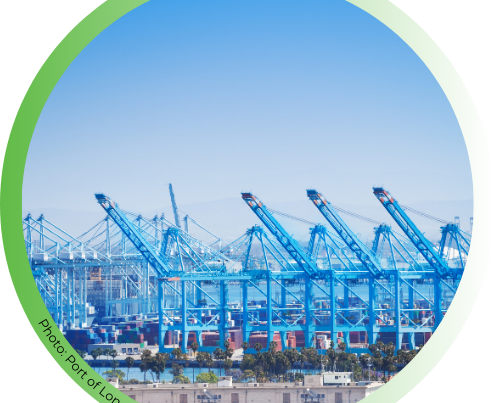
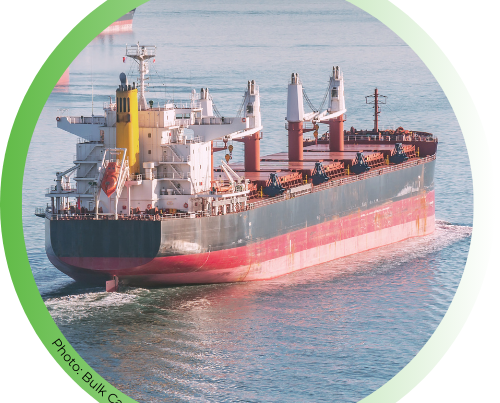
World’s First Ammonia-Powered Bulk Carriers Set for Launch
WinGD, a ship engine manufacturer, has announced a significant advancement in the development of the world’s first ammonia-fueled bulk carriers, in collaboration with Belgian operator CMB.TECH. Scheduled for delivery between 2025 and 2026, these 210,000 DWT vessels will feature WinGD’s pioneering X72DF-A ammonia-fueled engines. This marks a key milestone in the industry’s efforts to decarbonize long-distance shipping. The engines, notable for their fuel efficiency and safety, align with green initiatives and are a crucial step towards sustainable maritime operations.
Congress Advocates for National Port Advisory Committee
Two US Congress members are advocating for the formation of a National Port Advisory Committee. This committee would provide the Federal Maritime Commission (FMC) with insights and advice on crucial port-related national issues. The initiative, proposed by Representatives Jake Auchincloss and Mike Ezell, aims to balance the influence of the existing National Shipping Advisory Committee (NSAC). The lawmakers believe that this move will help maintain the recent advancements in the nation’s supply chain infrastructure and operations.

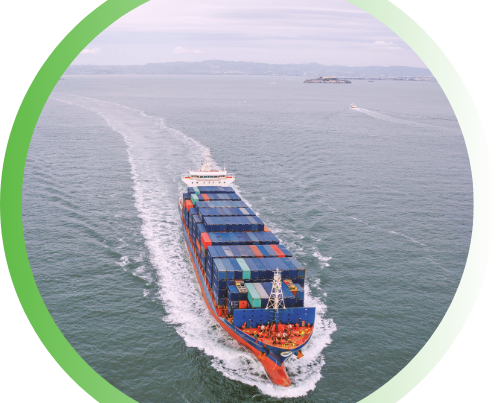
Major Shipping CEOs Unite for Ammonia-Fueled Future
CEOs of leading European shipping companies, including MSC, Maersk, CMA CGM, Hapag-Lloyd, and Wallenius Wilhelmsen, have collectively called for a transition to green fuels at the 28th UN Climate Change Conference. They urge the International Maritime Organization (IMO) to set a firm date to ban the construction of new ships solely using traditional fossil fuels and advocate for regulatory measures to accelerate the shift to green fuels. This initiative is crucial for the shipping industry, responsible for 2-3% of global greenhouse gas emissions, to meet the IMO’s net-zero emission goals for 2030, 2040, and 2050. The collaboration emphasizes the role of regulation in reducing the cost of green transition and the risks of extreme weather, highlighting the commitment of these companies to a sustainable and decarbonized future.
Potential East Coast Strike Concerns Shippers
Shippers are increasingly concerned about the possibility of a labor strike along the US East and Gulf coasts, a topic that has surfaced in recent discussions about the Asia-to-North America shipping contract cycle. The current contract between the International Longshoremen’s Association (ILA) and carriers is set to expire on September 30, 2024. ILA President Harold Daggett has indicated that a strike could be on the horizon if a new agreement isn’t reached by then. This potential disruption is prompting shippers to consider costly routing changes.


Georgia Ports Authority to Build Blue Ridge Connector
The Georgia Ports Authority (GPA) has approved a $127 million budget for constructing the Blue Ridge Connector, an inland rail terminal in Gainesville. Set to open in 2026, it will link Northeast Georgia with the Port of Savannah, enhancing the region’s heavy equipment, food, and forest product industries. This development, supported by GPA funds and a $46.8 million Federal Maritime Administration grant, aims to improve supply chain efficiency and reduce highway congestion by facilitating rail transport to the Savannah area.
Global Logistics Firms Face Layoffs and Closures Amid Market Downturn
The logistics industry is witnessing a global wave of layoffs and closures, affecting major players and startups alike. Firms like C.H. Robinson and Amazon have been continuously downsizing, while significant bankruptcies like Yellow Corp’s, involving 30,000 layoffs, underscore the severity of the situation. The downturn is impacting companies of all sizes and types, from century-old firms to tech startups. Rising fuel costs and falling freight rates have forced over 31,000 trucking companies to shut down or merge. Experts predict a stagnant freight market in the first half of 2024, exacerbating the challenges. This industry-wide slump, marked by overcapacity and economic slowdown, is driving “preventive layoffs” as firms brace for the impact on their performance.
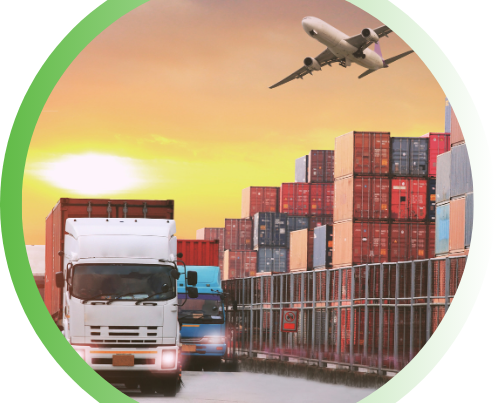

China Unveils Plan for World’s Largest Nuclear-Powered Containership
China State Shipbuilding Corporation (CSSC) has revealed plans for the potential creation of the world’s largest nuclear-powered containership. The 24,000-TEU-class ship, presented at the Marintec China expo in Shanghai, will be powered by a fourth-generation Molten Salt Reactor (MSR). This design aims for ‘zero emissions’ during operation. The vessel, receiving approval-in-principle from classification society DNV, represents a significant step in maritime innovation, focusing on high safety standards and efficient, zero-emission operations.
